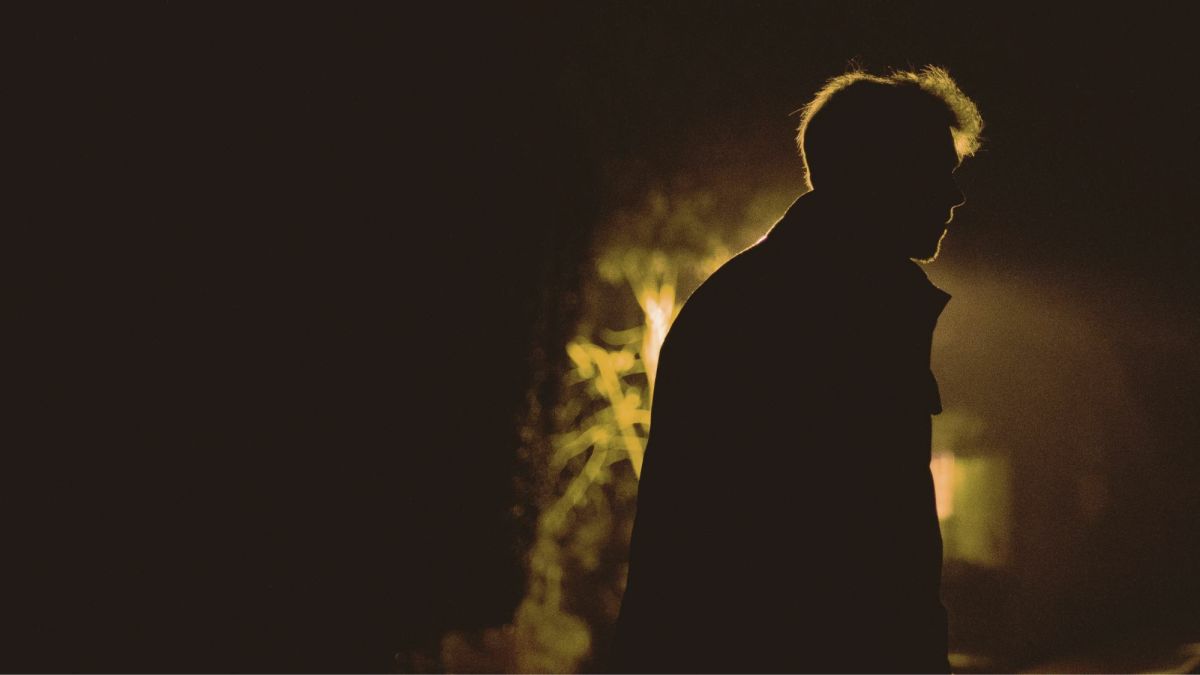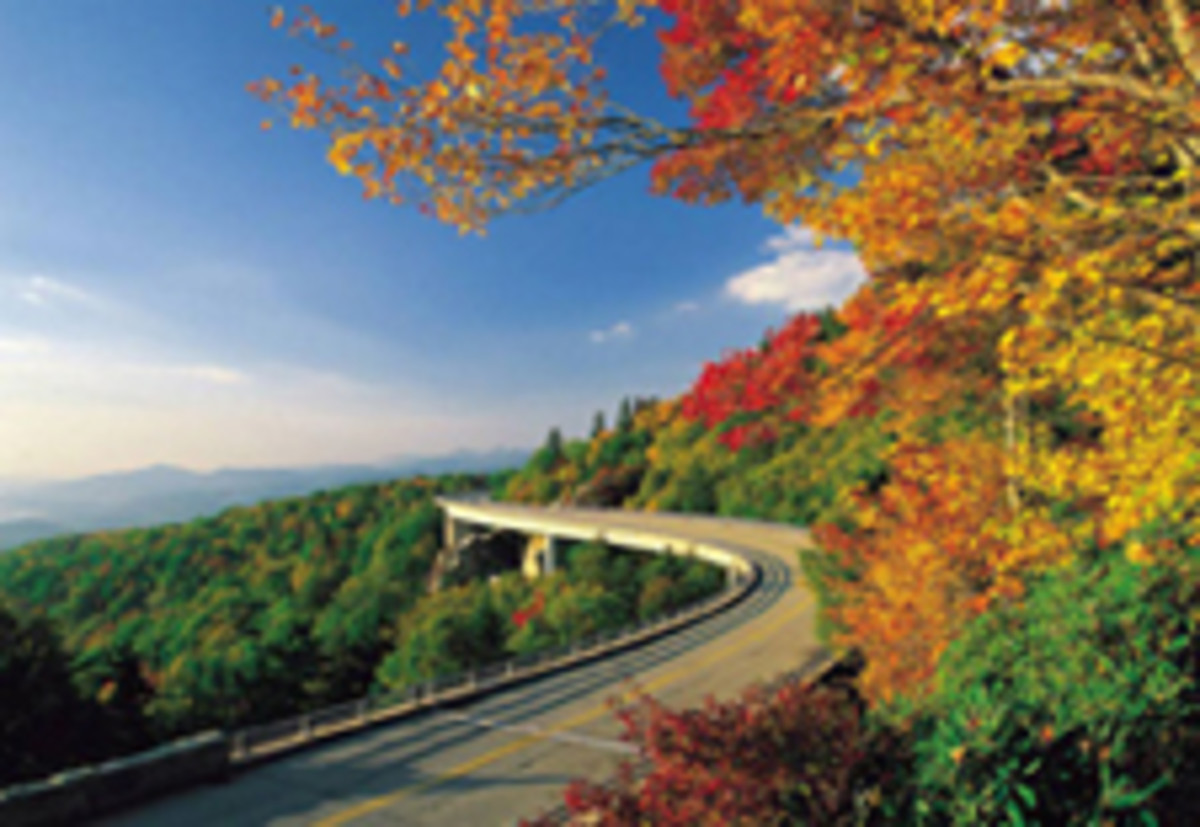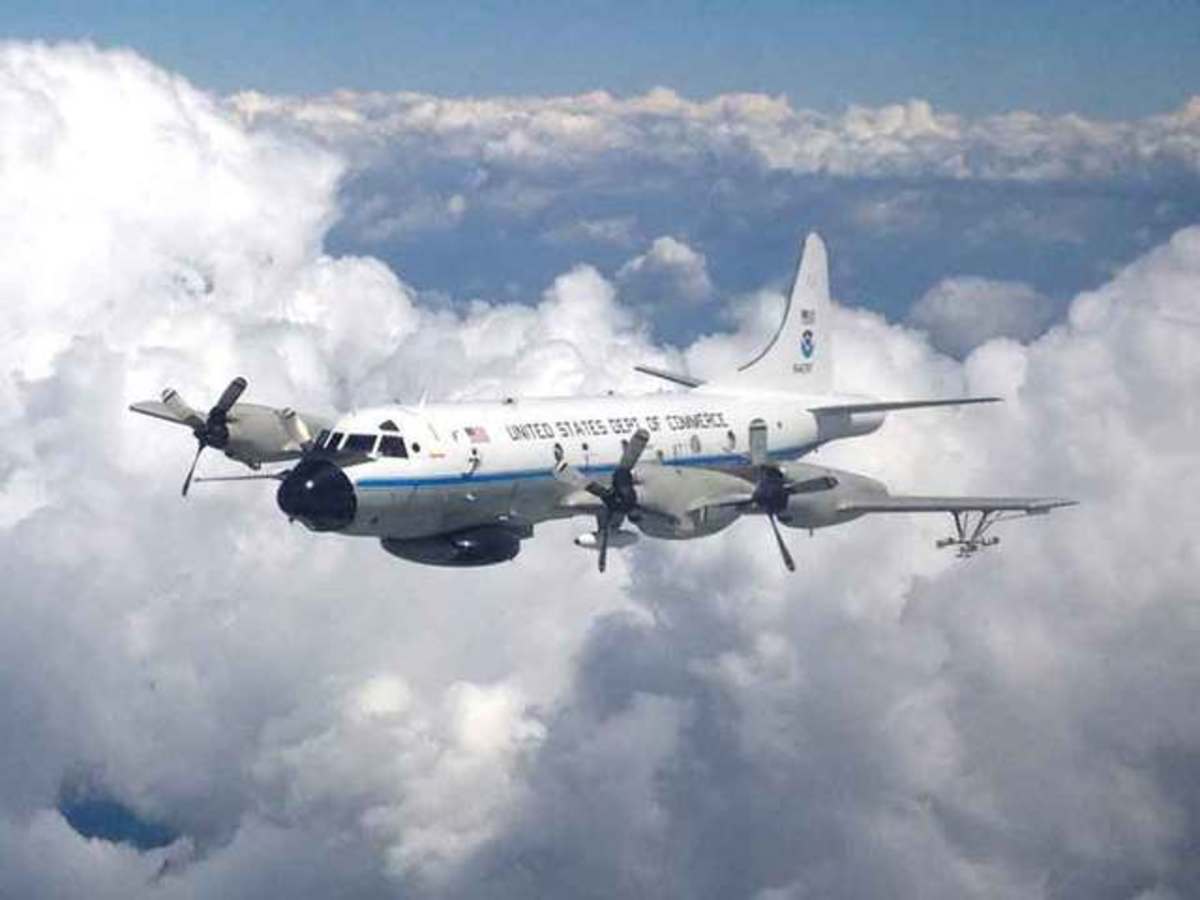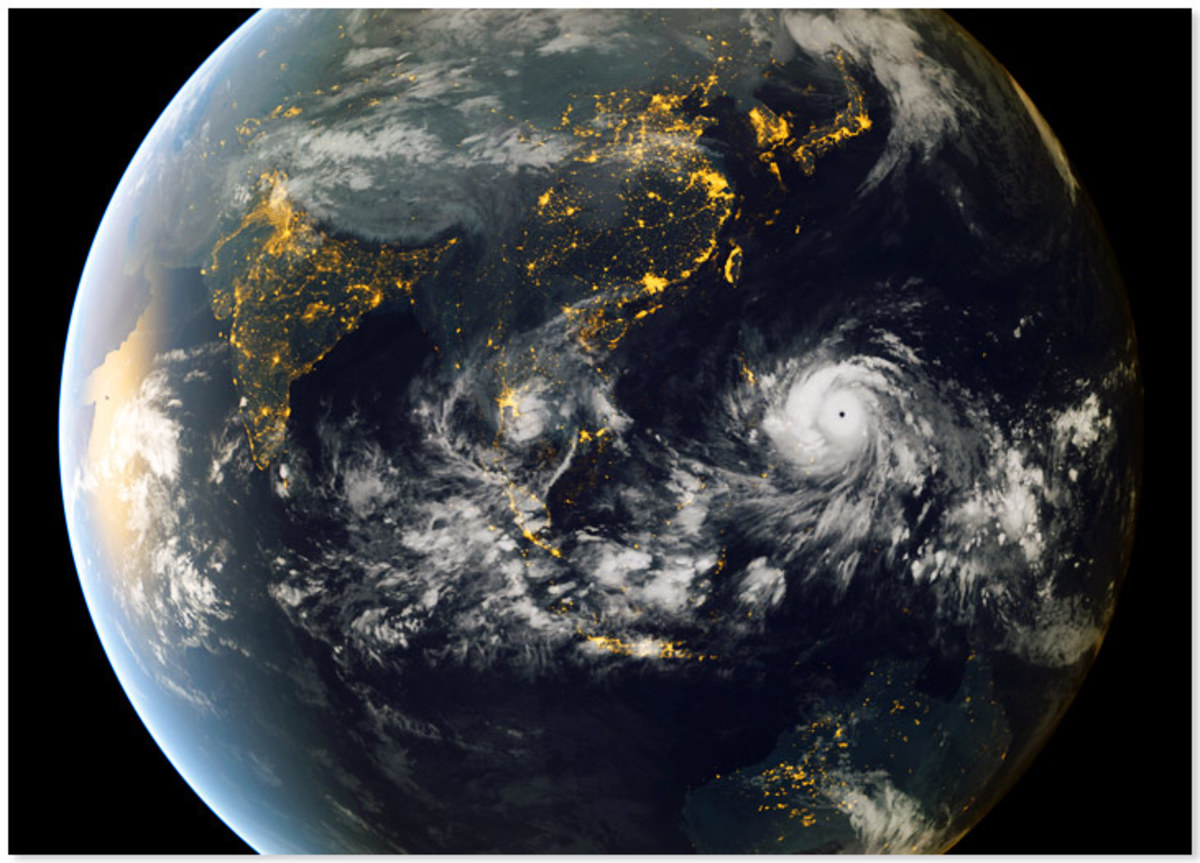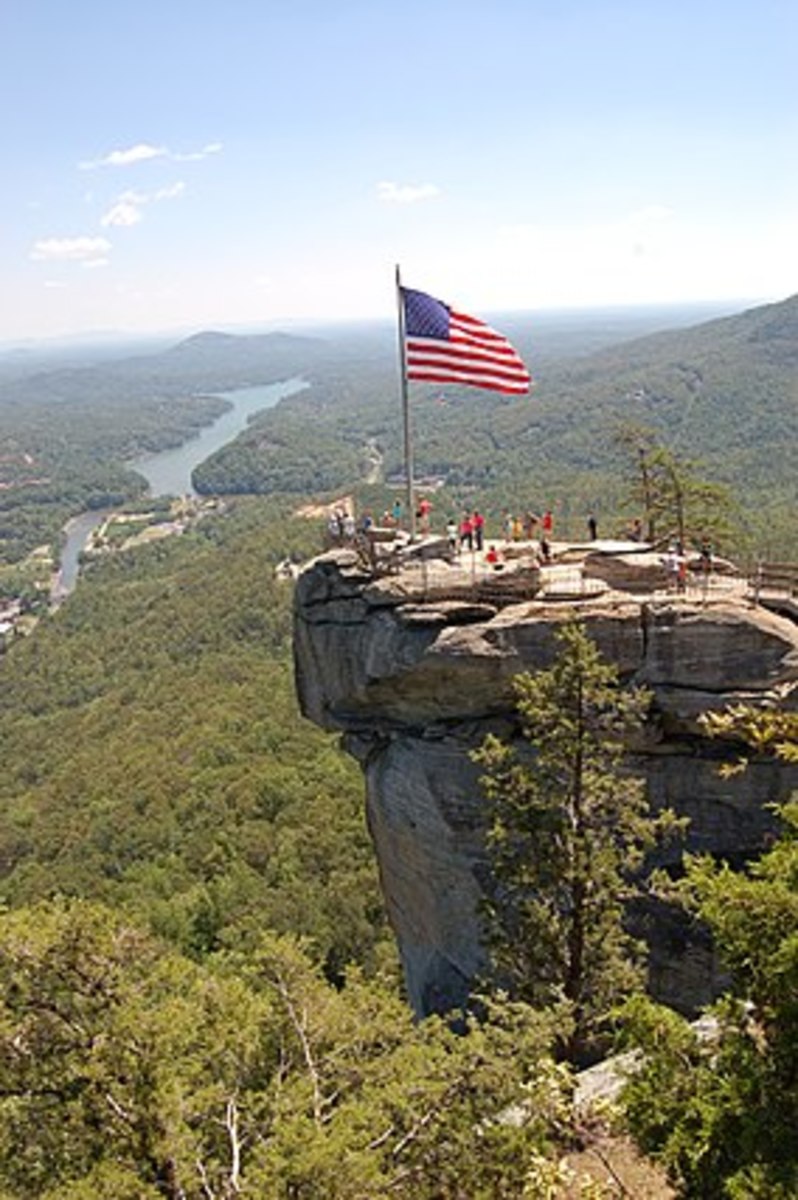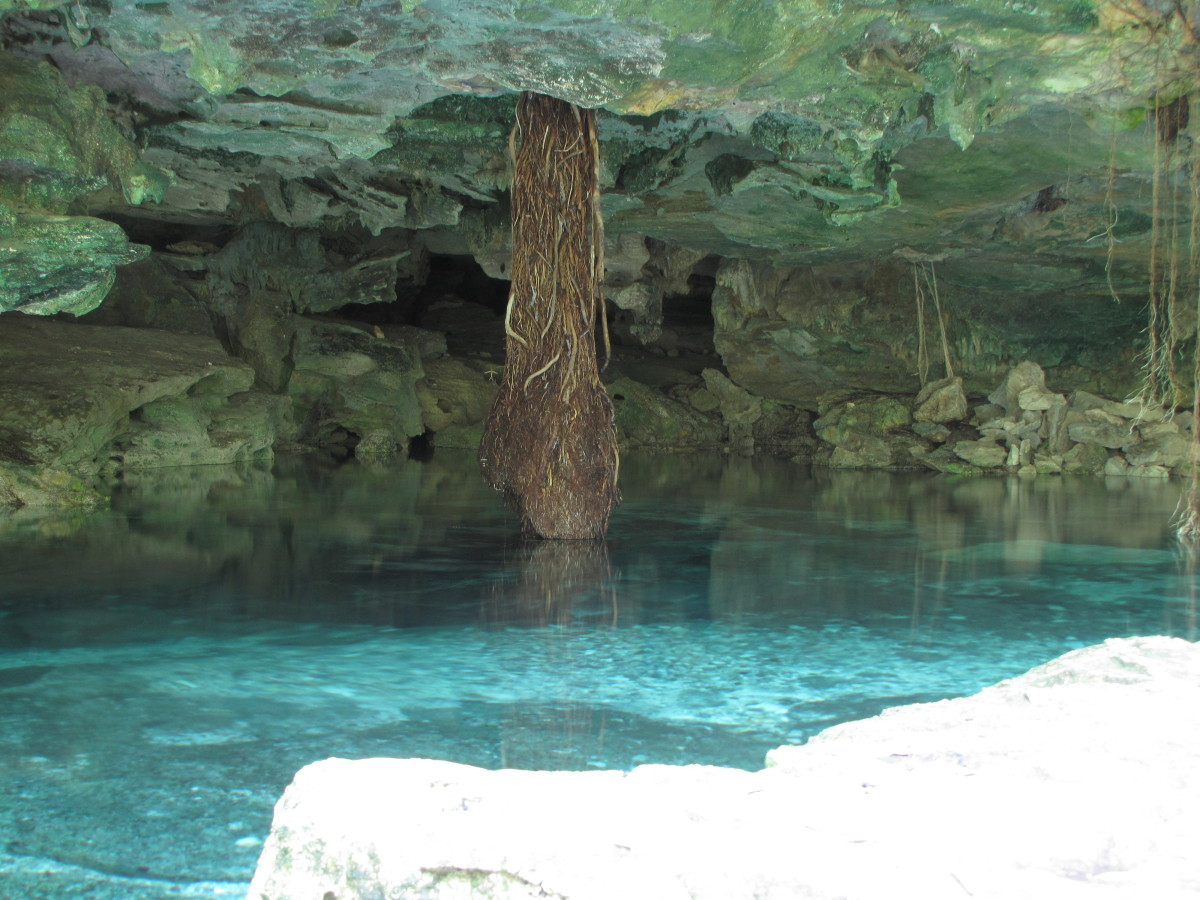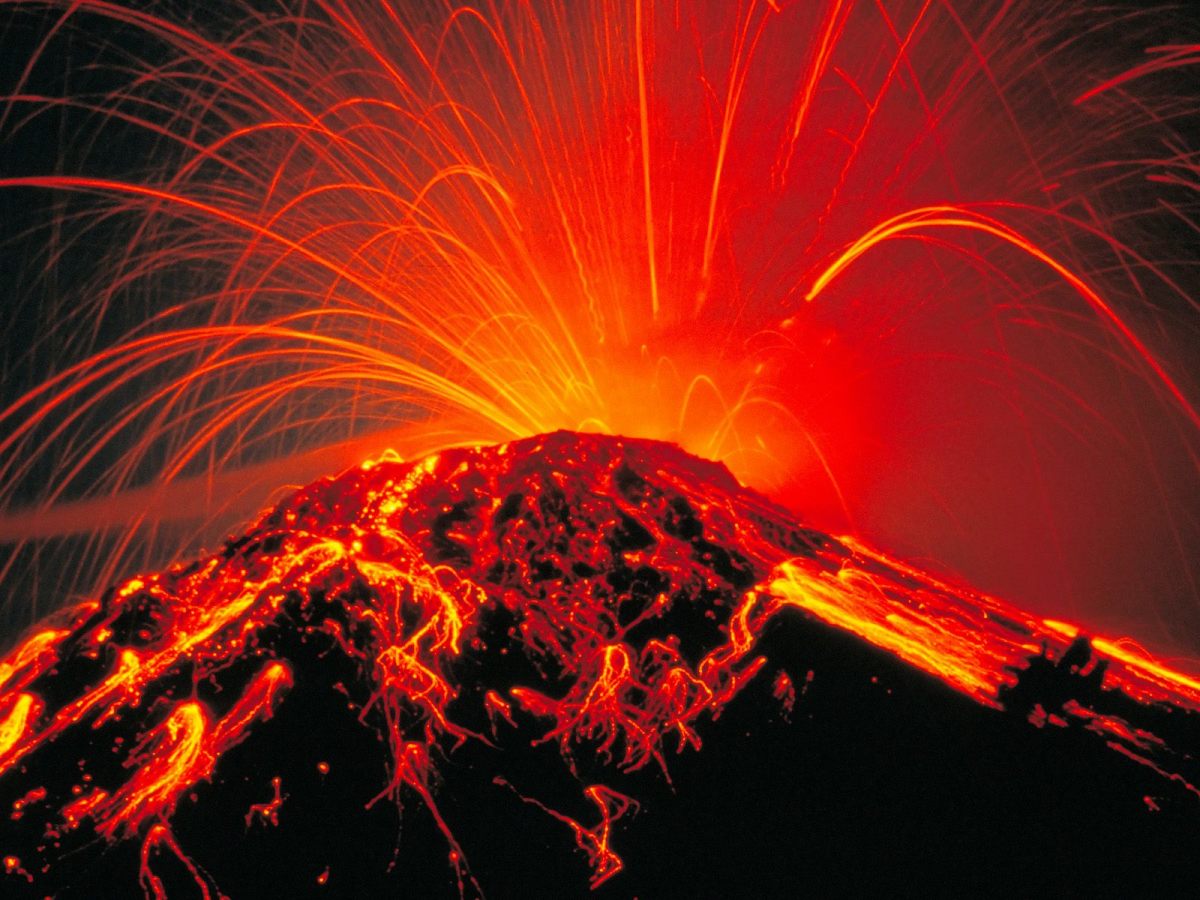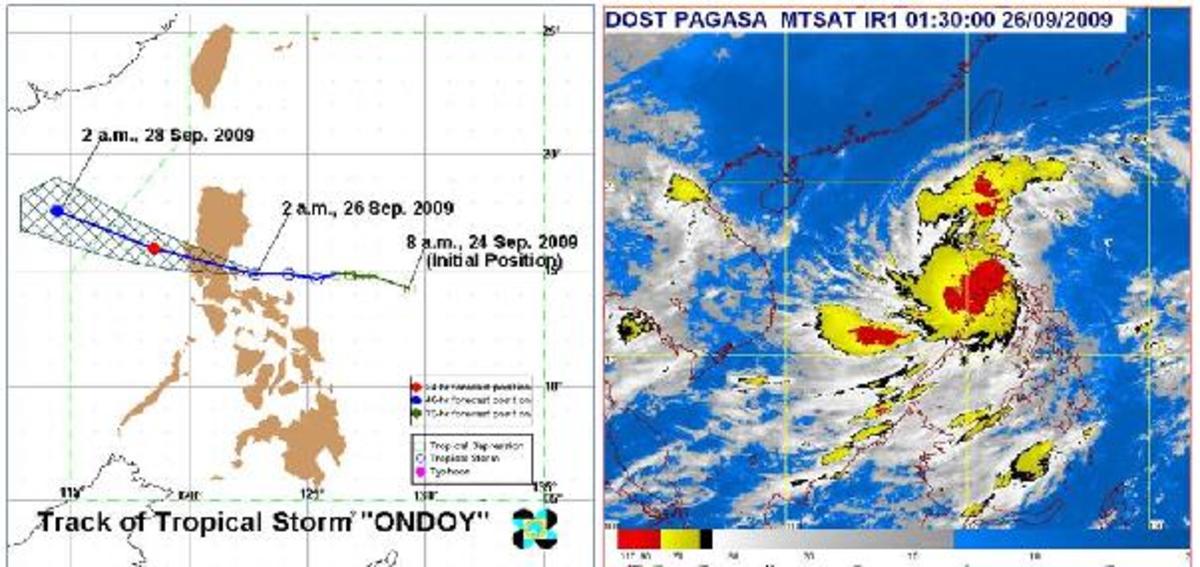Hurricane Hugo: Twenty Five Years Later
I remember that night so well...
We knew it was coming. We just didn't know it was coming for us, or would come close before it took a hard turn north over Columbia, South Carolina and headed towards the city of Charlotte. I had a friend who worked on the radio that night and he told me days later about how crazy it had been all night long, as well as his hearing of other tales of those who dared to drive through the "uptown" section of Charlotte (the locals refer to their downtown area as "uptown" for reasons of their own). They spoke of glass panes on the skyscrapers shattering and falling down onto the streets below, thankfully devoid of people because of the storm but not cars, as a few friends of the guy who told me these stories had to drive through that area.
Usually hurricanes either scrape the coast or come inland through the eastern parts of South and/or North Carolina. Those of us who live in the western part of those states generally don't have to worry about them aside from some heavy rains and some excess winds, which usually never came close to tropical storm force. However, on that September night, millions of Carolinians tuned into their televisions to see what the storm would bring.
Charleston is used to hurricanes, but this was a particularly bad one. It wound up doing billions of dollars of damage to the South Carolina Lowcountry, but what was even more amazing about the storm is the fact that Hugo came so far inland still at hurricane strength.
That night, I watched Hugo's travels on WBTV TV 3, the CBS affiliate out of Charlotte, as well as flipping over to CNN from time to time. This was in the days when the internet was in its relative infancy, so people still relied heavily on television and radio to keep up to date on what was going on. Many of those fleeing the coastlines tuned in to local radio stations on their way to wherever they were going to keep abreast of the latest while driving in their cars.
Many stayed in and around Columbia, while others traveled north towards Charlotte, expecting to avoid the wrath of the storm, only to find out that the storm followed them. Those lucky to travel further west avoided it for the most part, but damage came as far west as Greenville County, South Carolina and Cleveland County, North Carolina, as well as some reports in the northern foothills and mountain communities.
Sometime during the night, WBTV's power went out, and I switched over to CNN, flipping between that and WSPA TV 7 out of Spartanburg. I stayed up watching the storm, hearing the winds and the rains outside increase in intensity as the night wore on. For most of the night, it looked like Hugo was making a beeline for where I lived; Rutherford County, North Carolina. It lay in the southern foothills of the Appalachian mountains, and it looked like we were going to have to deal with the hurricane force wrath of nature.
My family wasn't fully prepared, and neither were most of our neighbors. None of the forecasters had expected Hugo to travel so far inland, so why prepare for something that you weren't told to prepare for? Earlier that day, my mom had told me of a previous hurricane that had made it this far west, but it was nowhere near as powerful as Hugo was.
My bedroom was facing the backyard, and I would glance outside at the tall trees along the border of our yard and the neighbor's yard, and I knew that there was a chance they could fall and hit my bedroom. However, my curiosity to watch the storm, and my need to do it privately, kept me in my room. My mom was at work that night but my granddad was in the living room, doing the same thing as I was.
Hugo passed over Columbia sometime after midnight, then suddenly turned north, sparing those of us here around where I lived the harsher part of the storm, but those east of us would not be so lucky. Even back then, Charlotte was a city bursting at the seams with explosive growth, and many who had moved there in recent years had no idea of what to do during a hurricane. Trees that had lasted decades, even a century or two, fell because of the storm, damaging homes and cars all over Metrolina, which is the name for Charlotte's metropolitan area.
The next day, we awoke to no damage here, but plenty of news of damage east of us. TV and radio stations in Charlotte and Columbia were off the air, and schools and colleges in the area were closed. The college I was going to also closed that day, so I had all day to pour over the news reports coming in on CNN as well as stations in the Spartanburg/Greenville/Asheville viewing area. Friends called me to discuss the storm and we made plans to head to Charlotte to check it out, which we later decided was rather foolish given the news we found out about how bad the city had been hit.
There hasn't been a storm like Hugo in the Carolinas since then, but I've seen other storms just as bad, if not worse. I remember how devastating Andrew was to South Florida in 1992, and, of course, the devastation that Hurricane Katrina unleashed on the Gulf Coast in late August of 2005. I was in Atlanta the weekend after the storm hit and there were still survivors fleeing the devastation in and around New Orleans, filling up hotel rooms as celebrants of that year's DragonCon were departing on Labor Day of that year.
I was a freshman that fall when Hugo hit, and 1989 was an unusual year, and not just because of the hurricane. The fall of the Berlin Wall, the overthrow of Communist regimes all over eastern Europe, and the massacre in Tianamen Square in Beijing, China were also huge stories that year, and as we saw as 1989 became 1990 and beyond, the world was forever changed. Yet, in the Carolinas, Hugo will be long remembered for the widespread damage it inflicted all throughout the Carolinas as well as Virginia before it finally weakened into a tropical storm, dissipating a few days later, leaving destruction and memories in its wake.

